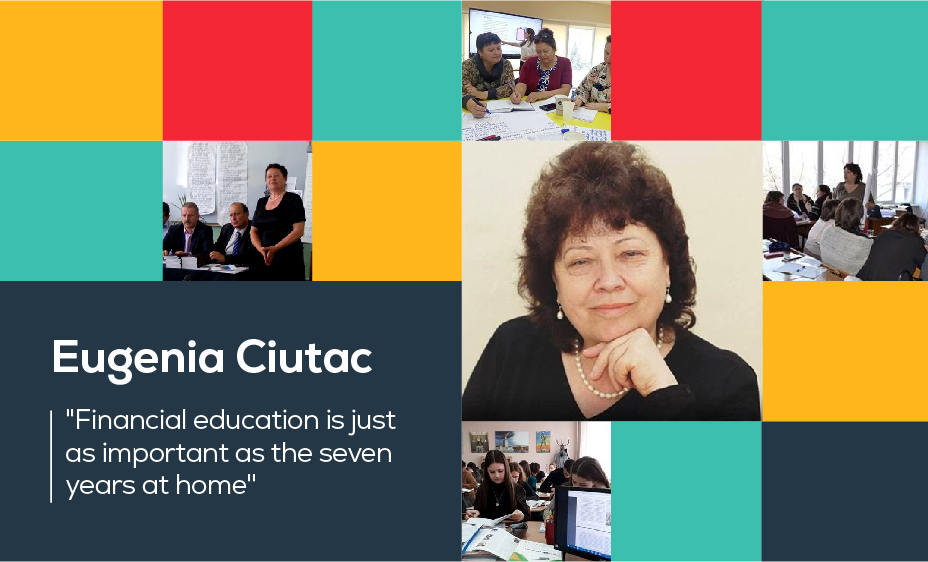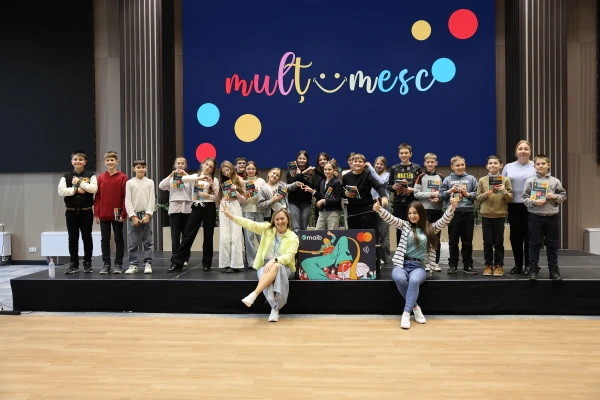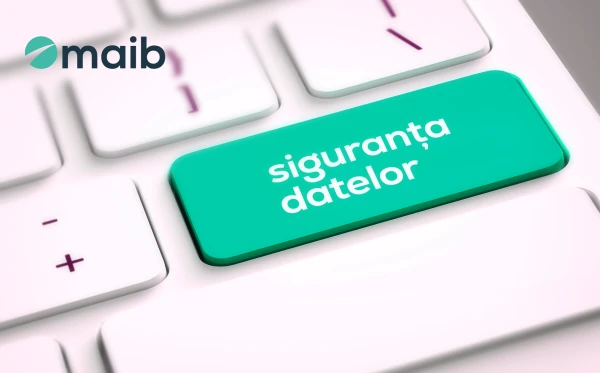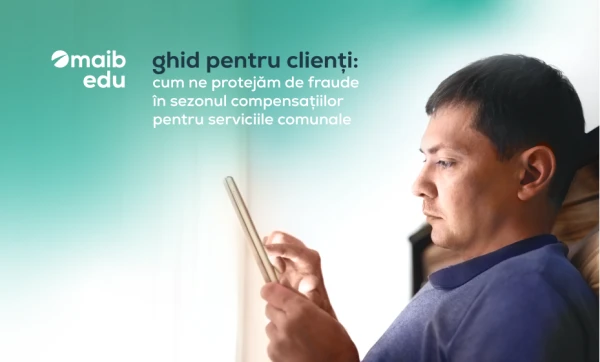Teacher and financial education trainer Eugenia Ciutac explains in an interview why financial literacy is vital and its effects on children's harmonious growth.
You are a teacher of economic and entrepreneurial education. How many years have you devoted to this subject, and what is the role of financial education in this context?
I have over 25 years of experience teaching economic and entrepreneurship education. Financial education is part of economic and entrepreneurship education, which includes several programmes for all levels of schooling in pre-university education. These programmes are designed to cultivate a healthy financial culture in students because financial problems do not arise from a lack of money but from a lack of financial education.
What grades do you teach?
I teach economic and entrepreneurship education in middle and high school classes from 5th to 12th grades. As such, the optional programme is increasingly in demand by students and parents. In this respect, the presence of a teacher in this subject and their willingness to teach the course has become a competitive criterion among pre-university education institutions.
What are the subjects that most captivate your students?
Indeed, the subjects that appeal most to students start from their experience managing their needs and desires.
Topics related to banking services, national currency - Moldovan leu, history, banknote design, convertible currencies and foreign exchange, risk management, where money comes from, taking out a loan, and identity theft are very attractive. Generally speaking, all subjects are engaging, depending on the professionalism and personality of the teacher, because if a teacher does not live as they teach you, students feel and see in the teacher a so-called pseudo-teacher.
What does financial education mean to you, and why do you think financial education is important today?
In the context of a market economy, financial education is education about money, which helps children and future adults discover the essence of financial life and teaches them to behave financially soundly by making the right financial decisions. Financial education is not just about money but also about relationships. Understanding the interdependence between personal and family budgets, the direct dependence between personal needs and wants and the needs and wants of family members, according to the principle "My wishes end where my family members' needs begin".
Moreover, financial education is about values. Gradually, students discover that needs and wants are personalised, and the choices they and their families make depend on their values. Thus, financial education today is necessary to educate active, involved and responsible citizens, acting for the good of themselves, their family, their community and their country.
How can money management skills be improved?
The saying that we get all our wisdom from books can be extended here. We learn how to manage money from books but also from people, from experiences, from mistakes, etc. We start by getting the skills to draw up a personal budget, with a savings article, but also directed towards investments.
What are your financial habits that you share with your students?
I share and practice with students the technique of formulating long and short-term financial goals correctly. These should be measurable, realistic and time-bound. Then, we put them through the priority filter. I stop a lot at the work of personal budgeting, usually for a month, where we only include secure sources of income. We list the most important expenses, such as utilities, hygiene, schooling, transport, food, etc.
I always make a shopping list, I inform myself about products and prices, I buy quality products, I look for discounts, I negotiate prices if possible, and I am not ashamed to tell them that I also take into account the fact that I could buy a product second hand, I read the product leaflet, the label, I pay attention to the guarantee. I rarely make "emergency" purchases; I don't buy large quantities and look for recyclable products. I am increasingly using my bank card for shopping, which is not only a payment tool but also gives me cashback on purchases etc.
I share with them when I have had to take on the responsibility of a bank loan, why I decided to take it out on maib. I tell them every family member must have at least one bank deposit. I also tell them what types of deposits I have chosen and why.
In conclusion, please come with a message to all readers of this interview.
Financial education is just as important as the seven years at home, or rather, it should be part of the seven years at home. Children from a young age need to be taught to manage money and be masters of it, not vice versa.





